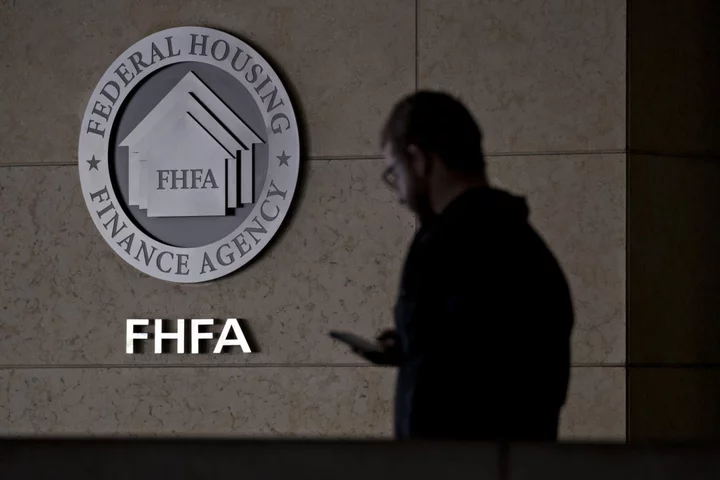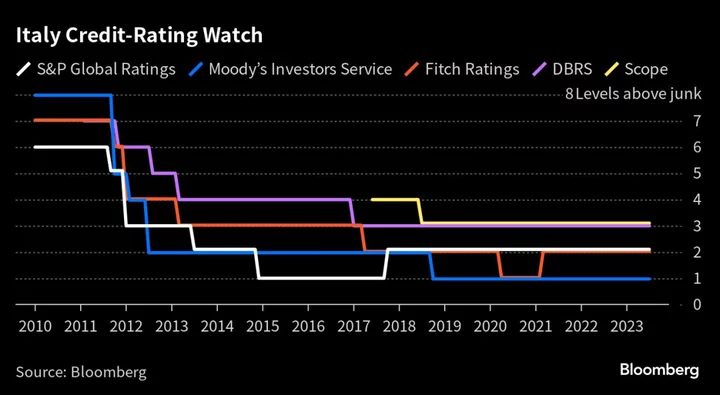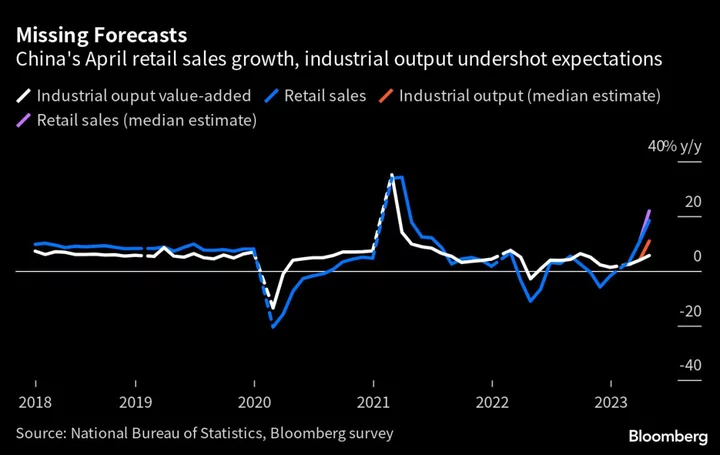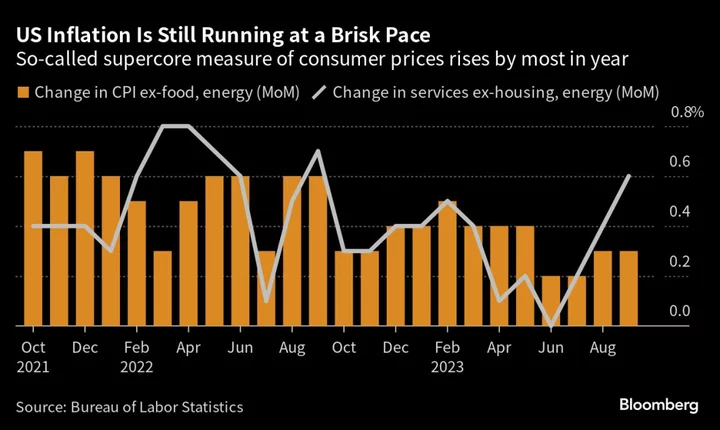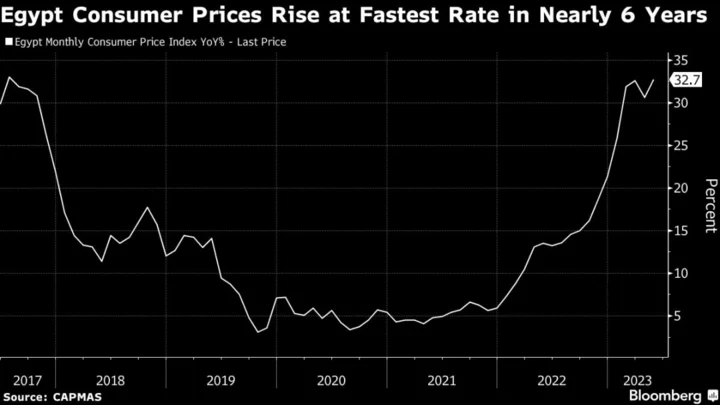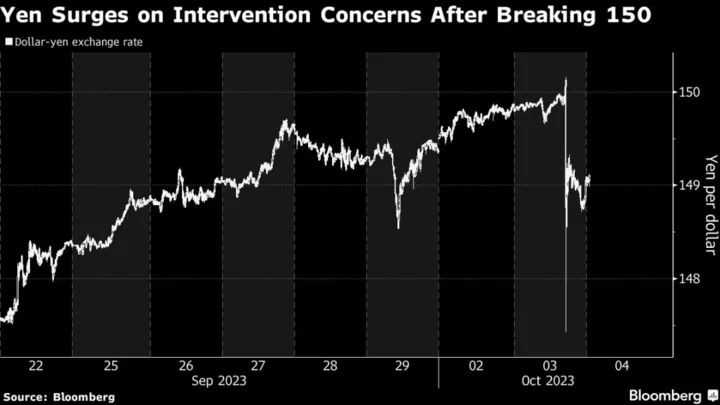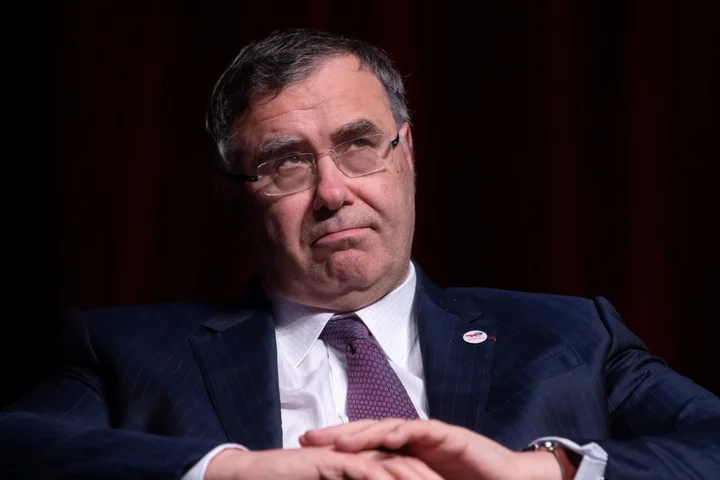US officials are considering limits on the ability of large lenders to use Federal Home Loan Banks as a financial backstop, part of a broader proposal to overhaul the system.
The changes, which are being discussed as part of a sweeping review by an American regulator, would amount to the most dramatic reshaping of the $1.6 trillion system in decades. The Federal Housing Finance Agency may still adjust its plans before announcing the recommendations in the coming months, according to people familiar with the matter. Reining in big lenders’ ability to borrow could also require congressional action.
The FHLBs have emerged as a flash point after the institutions, which have implied support from the federal government, lent billions of dollars to Silicon Valley Bank, Signature Bank and First Republic Bank before they collapsed earlier this year. Since their creation to boost home lending during the Great Depression, the FHLBs have morphed into a backstop for their members, while the system’s role in housing finance has diminished.
Each year, banks borrow hundreds of billions of dollars from 11 FHLBs scattered across the country without the same stigma of seeking help from the Federal Reserve. Supporters say the system serves as a safety net during crises and economic downturns, and it has been dubbed the lender of next-to-last resort — second in importance to the Fed’s discount window.
The FHFA started a review of the system in 2022. The effort has gathered more attention after the crisis this past March highlighted their expansive role.
A report on the review is expected by the end of September, FHFA Director Sandra Thompson told lawmakers in May. She has said it will include recommendations to Congress and changes the regulator itself can make.
“FHFA remains committed to releasing our report by the end of September, which will include recommendations addressing a range of topics.” Adam Russell, a representative for the regulator, said in an email.
Exactly how the lines could be drawn and which big banks it would apply to aren’t immediately clear, said the people. Legislation passed in 1989 — in the wake of the Savings and Loan crisis — opened up access to the FHLBs to almost all banks and credit unions.
Thompson and her deputy director, Joshua Stallings, are also expected to ask Congress to increase the percentage of profits that the FHLBs are required to devote to their affordable housing program, the people said.
Big Banks
In addition to limiting access for big banks, regulators have discussed requiring banks that want to borrow from the FHLBs to hold a minimum percentage of their assets in mortgages, said the people, who asked not to be identified discussing private conversations.
In 2014, the FHFA proposed that most banks should be required to have at least a small percentage of their assets in mortgages to maintain access to FHLB funding. The plan was dropped in 2016 after heavy industry opposition. Currently, they only need to meet a mortgage-loan threshold for initial membership to the system, which most have held for decades.
Large banks have myriad tools to get funding and critics have viewed their use of the FHLBs as a unnecessary giveaway as FHLB loans have preferential interest rates. Small banks often only have an FHLB to tap for funding when they need it.
March Collapses
All four midsize US lenders that collapsed since March borrowed billions from FHLBs.
Silicon Valley Bank, catering to venture capitalists and tech startups, had borrowed $15 billion from the San Francisco FHLB at the end of 2022. Signature Bank, with clients including crypto platforms, had $11 billion in FHLB loans. First Republic Bank, offering mortgages to millionaires on unusually sweet terms, ended up with more than $28 billion. Before collapsing, Silvergate Capital Corp. held a lifeline of about $4.3 billion in FHLB lending.
There are signs that changes proposed by FHFA could have some legs on Capitol Hill — at least with Democrats.
New York Democratic Congressman Ritchie Torres said in a May hearing that the advances to Silvergate, Signature and Silicon Valley Bank “appear to have nothing to do with housing finance.”
--With assistance from Heather Perlberg, Tom Schoenberg, Ann Choi and Noah Buhayar.

